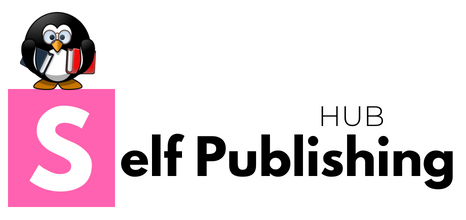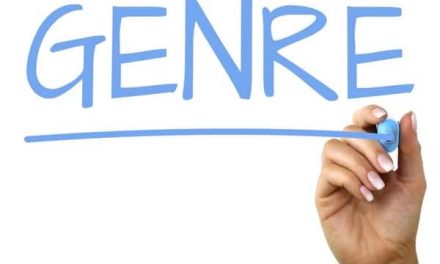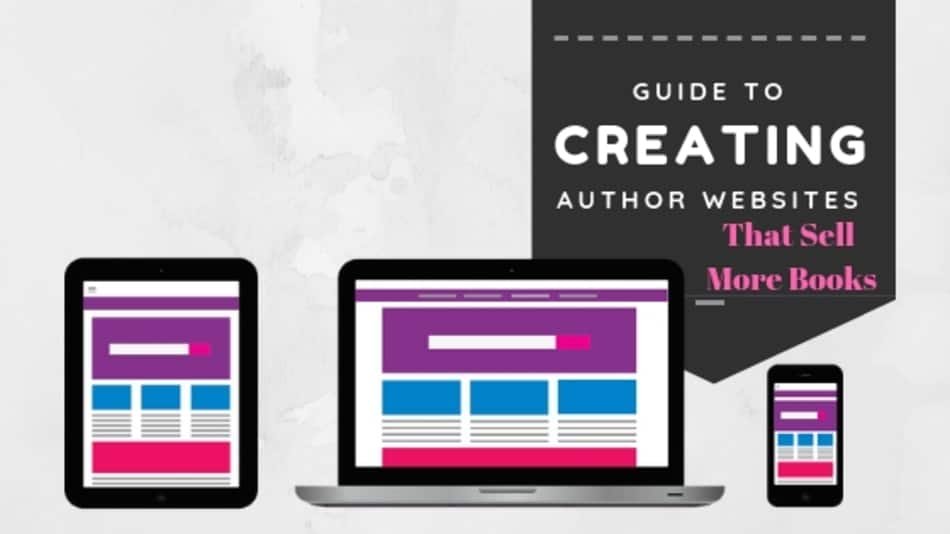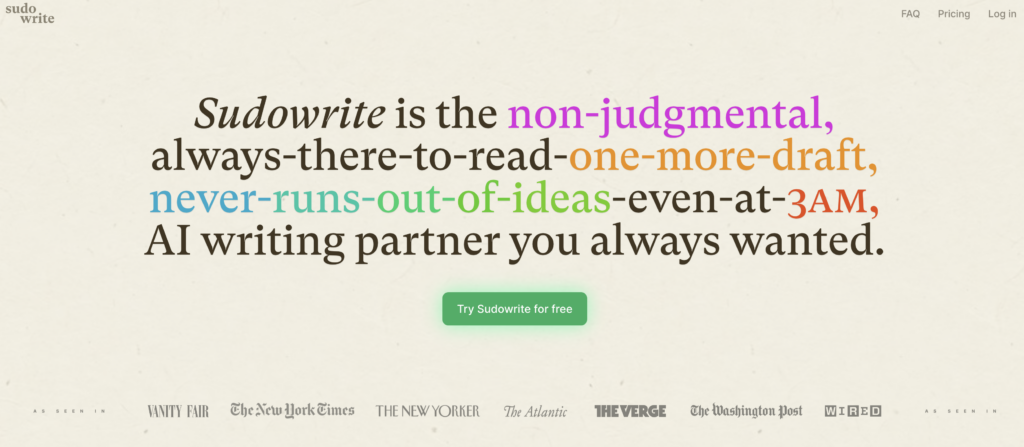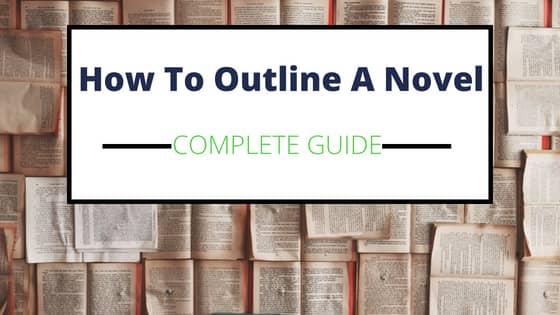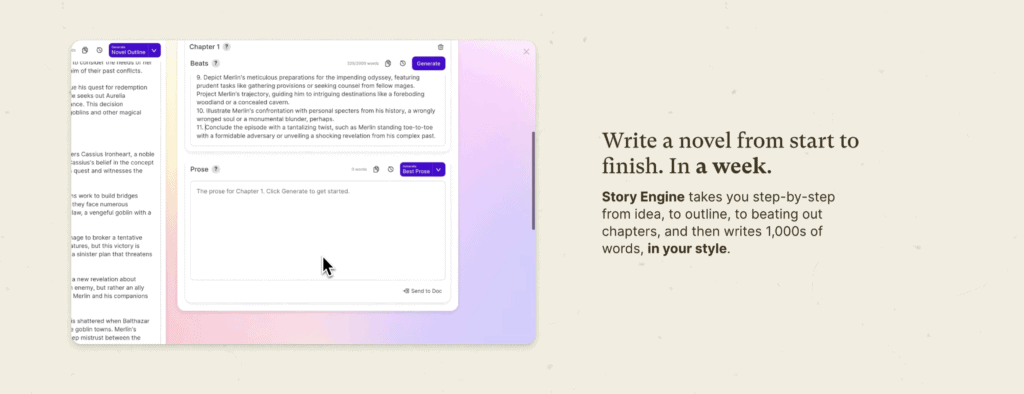We all know that “A rose by any other name would smell as sweet,” but does that same sentiment apply to a self-published author?
To answer this let’s first look at what Self-publishing really is. Self-publishing is simply a way of making your writing accessible for distribution without having to rely on the traditional publishing companies that once dominated the market.
In the previous model, that relied primarily on traditional publishing houses, a writer’s fortunes were at the mercy of someone at one of those New York publishing houses deeming your work good enough to take a gamble on an unknown author.
With the advent of Self-Publishing, writers can now put their art out into the world and let their audience decide their success. So the short answer is yes, a published author by any other name is still as sweet.
But now let’s take a little deeper look at what you want to consider before deciding to self-publish your first book.
Article Topics
Isn’t self-publishing Just Vanity Printing by Another Name?
This is something that comes up all the time from aspiring authors that want to learn more about self-publishing. It’s something I asked myself many times before deciding to forego the traditional publishing route and go straight to the readers by self-publishing.
I think this question comes up so often due to that very prevalent and dangerous malady: “Author Hubris” Ok, maybe that’s a little harsh but there is some truth to it, whether we like to admit it or not.
So let’s be clear self-publishing in today’s form is not your father’s vanity printing, far from it. Vanity printing for those of you that are too young to know, was essentially thought of as a way for self-indulgent, talentless hacks with money to get their subpar works printed.
They would essentially work with an indie publisher to self-finance a print run of their books so they could sell them out of their garage or hand them out high flatulent cocktail parties.
Ok fine, so it’s not vanity printing, but still why shouldn’t I just wait for a traditional publisher?
The fact of the matter is you totally can hold out for a traditional publisher, and if that’s really important to you as an author, then I would actually recommend that’s what you do.
In the end, it’s your craft and your career, and no one should act like they know what’s better for you than you.
But if that seems too wishy-washy, I will offer a real tangible reason you definitely shouldn’t consider self-publishing. If your drive for writing comes from some unquenchable desire to win literary awards, then self-publishing is not for you.
Most literary award guidelines still exclude self-published authors, so this might be a real deal breaker for a lot of authors, and that’s just fine.
The point is you need to know what Self-Publishing is and what it’s not to make an informed decision. There is no right or wrong path if it takes your desired destination.

Self Publishing Literary Award Exclusion- You will have to be ok with that.
But I am assuming most of you reading this are already interested in possibly going the self-publishing route for your next novel, and are ok “settling” for the laudits of “second rate” award winners if that means getting your voice out to the masses.
So I do want to answer the question above. There are certain aspects of traditional publishing which just stand in the way of many new authors, and that’s why self-publishing is a great option for writers that want to take back the power in their distribution, put their work out into the world and have it read.
So here are some reason’s you might not want to wait for traditional publishing and self-publish instead:
- It’s still cool to be in the mainstream for traditional publishers. In fact, while something outside the mainstream might be massively appealing to a certain audience who is looking to break the tried and true tropes that have become so predictable. Traditional publishers don’t want to take a risk on something too outside the mainstream, they want to stick with a formula that works. This is true for a lot of entertainment industries, not just authors. Ever wonder why so many of the movies made today are remakes of previously popular movies or comic hero blockbusters because they have built-in audiences and are less risky for the studios. That same kind of thinking permeates traditional publishing every day, which doesn’t bode well for new authors trying to break in with something edgy and new. Self-publishing is a license to write what you want to write, not what the publisher thinks will sell, in the end, it’s your decision when you self-publish.
- Niches are not ok with traditional publishing and that’s a problem. As we have access to more and more entertainment options every day, this is exactly the opposite of what people are looking for. We spend more and more time looking for and consuming content that fits our every whimsy exactly. Many authors and content creators have made a career and fortune catering to a specific audience or niche, yet big publishers want a broad mass appeal. This can stunt and frustrate a writer. If you run in author circles then you have undoubtedly heard one of them droning on how one day they will right their passion project, as soon as they finish the next few novels in their contract. Guess what these people are definitely not self-published, or that passion project would be their current project.
- Another small issue, actually a pretty big one, is that traditional publishers only promote their authors to the top 30 media markets. If you can’t make it there you are out of luck. So that means if you have a potential audience in a smaller market, they likely will never know about you if you publish through the traditional method. So remember what is self-publishing, it’s a method to cut through the old constraints around distribution and release your work directly to your audience. This is a distinct advantage of the self-publishing model.
So now you can answer the question- what is self-publishing? But Consider this…
Here are three things you will need to keep in mind when self-publishing that you wouldn’t if you were traditionally published.
- Army of One: When you self-publish your next book you will be committing to being a one man/woman show. I mean there is no rule that you can’t enlist help or hire some, in fact, it’s recommended so you can stay in your lane and focus on telling the best story possible. But there will be some elements of book creation that most authors either don’t think about when they start out writing their magnum opus. But none the less they will need to be done if you want to have a successful book launch. So just know that you will have to be organized and go between creator’s and business cap pretty often if you are going to self-publish.
- Editing: it still needs to be done. Self-publishing is not an excuse to put out a bad product, you still need to treat it like a professional if you want to succeed. Most writers are NOT editors, if you are, then you are way ahead of the game! With that being said make sure you have a plan for plot edits and line edits. If you don’t know the difference, plot edits are usually where an editor gives you advice on character development, plot issues, etc. Line edits are when someone goes line by line to catch typos, spelling mistakes, or missing word. If you aren’t strong here, don’t worry believe it or not most authors aren’t. But know your strengths and your weaknesses and make sure you put a team of people to help you. Especially when it comes to editing.
- Marketing: You won’t be able to hand your finished novel off and say go ahead and promote this for me. When you self-publish you will need to focus on marketing your book and doing things like coming up with a launch plan, pricing, even the cover art. So you definitely get your hands in on every piece of the puzzle. This one honestly isn’t so different from traditional publishing in the sense that most traditional publishers will not spend a lot of time or money promoting an unknown author, so you still need to be on top of things with traditional publishing if you want to succeed.
So in conclusion what is self-publishing?
You could say that self-publishing is a way for a writer to take action and become an author by removing the 3rd party barriers to entry.
You are still focused on the craft of writing, but self-publishing gives you a direct avenue to release your work to readers across the globe, putting your story out there where it is intended, in the hands of your readers.
It comes with more responsibility than traditional publishing since you have to take part in each step in the books creation, editing, release, and promotion, but in the end, it can be insanely rewarding on a few levels.
You will never have what you write dictated to you again by someone else if you want to write it, write it. You don’t have to wait for someone to deem your writing worthy to put it out to the world to read, and in the end, you have the financial upside that traditional publishing just doesn’t afford new writers by going directly to consumers.
I help this post has been helpful and motivates you to pursue your interest in self-publishing moving forward. Make sure to check out other helpful content throughout the site.
Thanks for reading and writing!
